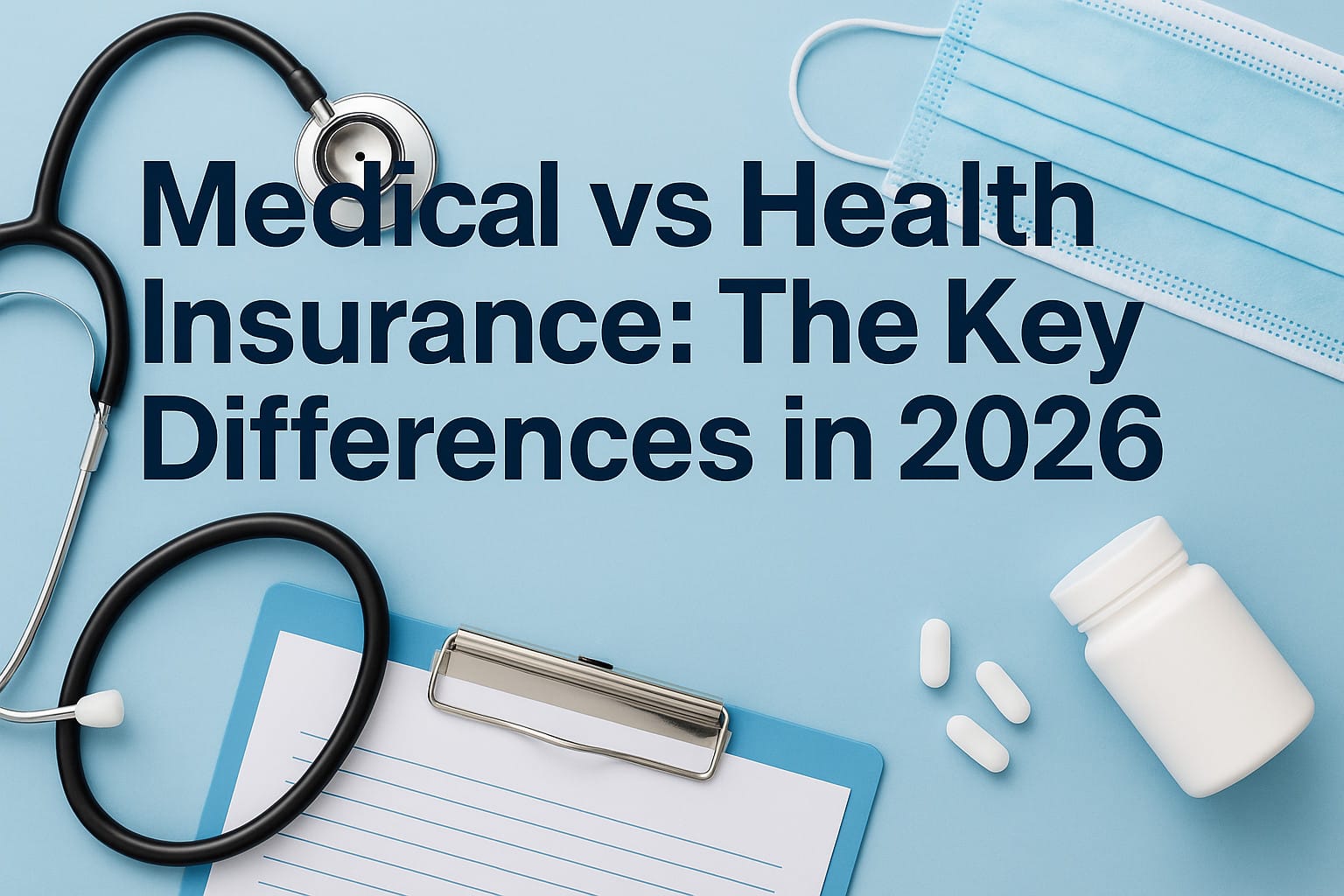In the journey of life, uncertainties are the only certainty. Health, our most prized possession, requires a safety net to ensure that unexpected medical emergencies don’t derail our financial stability. This is where health insurance and critical illness coverage come into play. While both aim to shield you from medical expenses, their scope and purpose differ significantly. Let’s dive deeper into understanding these two indispensable financial tools and why having them separately is crucial.
Health Insurance: Your First Line of Defense
Health insurance is like a comprehensive shield that covers a wide array of medical expenses. It’s your go-to solution for general medical needs, from hospitalisation bills, daycare procedures, and ambulance charges to pre and post-hospitalization costs. Picture this: John, a 35-year-old software engineer, suddenly experiences severe chest pain and is rushed to the hospital. Diagnosed with acute appendicitis, he undergoes surgery and spends a few days recovering in the hospital. His health insurance policy kicks in, covering the surgery, hospital stay, and even the medications post-discharge. The beauty of health insurance is that it supports you through various medical emergencies, big or small.
Critical Illness Insurance: A Specialized Ally
Now, enter critical illness insurance – a specialised ally that comes into play when life throws a curveball in the form of severe, life-threatening diseases. This policy provides a lump sum upon diagnosing specific illnesses like cancer, stroke, or heart attack. Imagine Sarah, a 42-year-old teacher who is diagnosed with breast cancer. The treatment involves surgery, chemotherapy, and a long road to recovery, not to mention the emotional and financial toll it takes. Her critical illness cover provides a substantial amount that she can use to cover her treatment costs, take care of her living expenses during recovery, or even seek alternative therapies. This financial cushion allows her to focus on her health without the stress of depleting her savings.
Why Keep Them Separate?
You might wonder, “Can’t I just get a health insurance policy that includes critical illness cover?” While some policies offer this, it’s advisable to keep them separate. Here’s why:
1. Scope of Coverage: Health insurance is broad, covering various medical expenses, whereas critical illness coverage is specific, focusing on severe diseases.
2. Benefit Structure: Health insurance reimburses actual medical expenses, while critical illness insurance provides a one-time lump sum, allowing you to use it as needed.
3. Sum Insured: Critical illnesses often require extensive and costly treatment. A separate cover ensures that you have a substantial amount dedicated to such scenarios without eating into your general health insurance sum insured.
4. Claim Process: With separate policies, you can claim your critical illness coverage for the specific disease and retain your health insurance for other medical needs.
Real-Life Scenario: The Dual Shield in Action
Consider the case of Michael, a 50-year-old marketing manager with health insurance and critical illness coverage. When he suffered a stroke, his critical illness policy provided a lump sum that helped cover the immediate costs of his treatment and rehabilitation. Meanwhile, his health insurance continued to cover his other medical needs, including an unrelated surgery he needed later that year. This dual protection ensured that Michael’s savings remained intact, and he could focus on his recovery without financial worry.
Conclusion: A Comprehensive Health Safety Net
In conclusion, while health insurance is your first line of defence against a range of medical expenses, critical illness coverage is your specialised ally for severe diseases. Together, they form a comprehensive safety net that ensures you’re prepared for life’s expected and unexpected twists and turns. By keeping them separate, you maximise the benefits and ensure that you have a dedicated financial resource for critical illnesses without compromising your overall health coverage. So, safeguard your health and peace of mind by investing in health insurance and critical illness coverage – because when it comes to your well-being, it’s better to be over prepared than underprepared.







